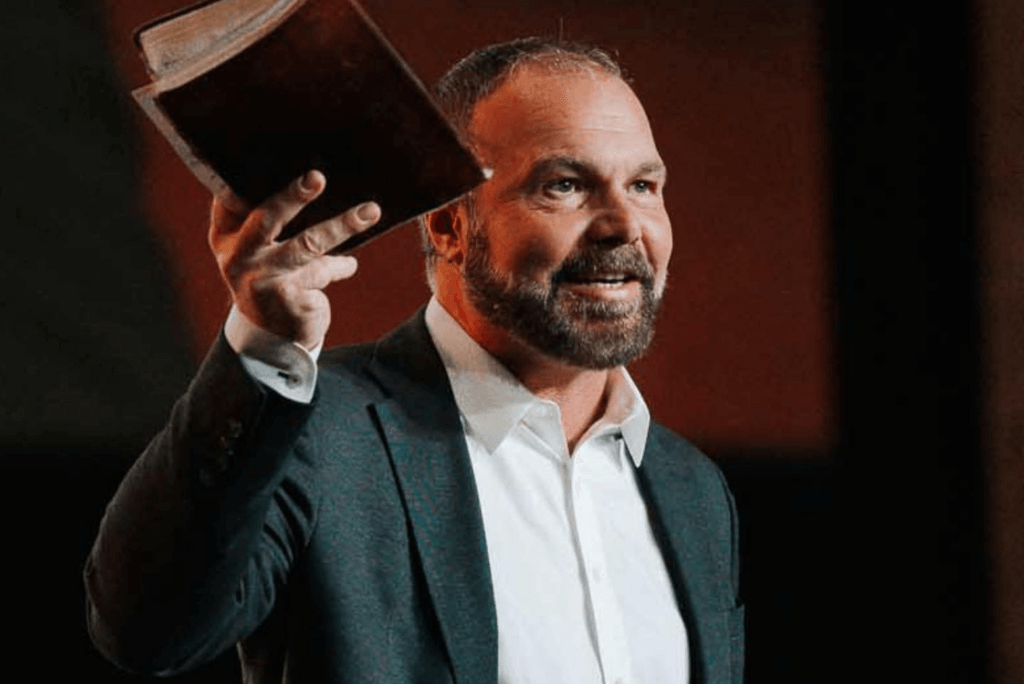The U.S. Equal Employment Opportunity Commission issued new, detailed guidelines for employers Thursday as the number of complaints and million-dollar settlements for cases of religious workplace discrimination neared record levels in 2013.
An EEOC spokesperson, Justine Lisser, said Thursday that the 20-year trend shows “a persistent uptick in religious discrimination charges that continues unabated.” Complaints have more than doubled since 1997. Lisser also said that representatives of religious groups have asked for more EEOC outreach in this area.
There have been guidelines in the past but the EEOC spelled out workplace rights and responsibilities in a new question-and-answer guide and accompanying fact sheet.
The new guidelines detail how businesses with more than 15 employees must accommodate workers with “sincerely” held religious beliefs—and unbelievers who “sincerely” refuse religious garb or insignia. Businesses cannot refuse to interview a Sikh with a turban or a Christian wearing a cross. Neither can they limit where employees work because of their religious dress.
In 2013, Umme-Hani Khan won her case against Abercrombie & Fitch, filed in 2011, after a supervisor said she didn’t fit the model look for their San Mateo, Calif., store because she wore a headscarf.
Workers must be accommodated for refusing to wear certain garments, such as an Orthodox Jewish woman declining to wear a short skirt. And more than clothing is at issue: Employers must allow Rastafarians, for example, to wear their hair in dreadlocks.
It is not relevant if a belief or practice is newly adopted by an employee who suddenly grows a beard or seeks leave for holiday worship.
Title VII, which is enforced by the EEOC, “defines religion very broadly to include not only traditional, organized religions such as Christianity, Judaism, Islam, Hinduism, Buddhism, and Sikhism, but also religious beliefs that are new, uncommon, not part of a formal church or sect, only subscribed to by a small number of people, or may seem illogical or unreasonable to others.”
The rules apply to the sincerely unreligious as well, as long as these views relate to “what is right or wrong that are sincerely held with the strength of traditional religious views.”
The only exceptions are whether the clothing or grooming practice is unsafe or places “undue hardship to the operation of an employer’s business.”
The guidelines cited multiple examples including three settled in 2013:
- An Albuquerque, N.M., hotel that would not allow a woman to work in housekeeping unless she removed her Muslim headscarf.
- A Newark, N.J., auto dealership that refused to hire a Sikh salesman unless he shaved his beard to suit the dealership dress code.
- A fast-food outlet in Laurinburg, N.C., that sought to force a Pentecostal Christian food service employee to wear uniform pants even when her faith teaches women should only wear skirts or pants.
Employers can’t stash people out of sight because of their garb or grooming, and they can’t allow any harassment by fellow employees.
According to the EEOC, in fiscal year 2013, the commission received 3,721charges alleging religious discrimination, more than double the 1,709 charges received in fiscal year 1997.
The costs are rising as well. In 2013 monetary settlements for workplace religious discrimination reached $11.2 million, ranking just below the record of $14.1 million in 2001 and $12.6 million in 2011.
Copyright 2014 Religion News Service. All rights reserved. No part of this transmission may be distributed or reproduced without written permission.
See an error in this article?
To contact us or to submit an article





















